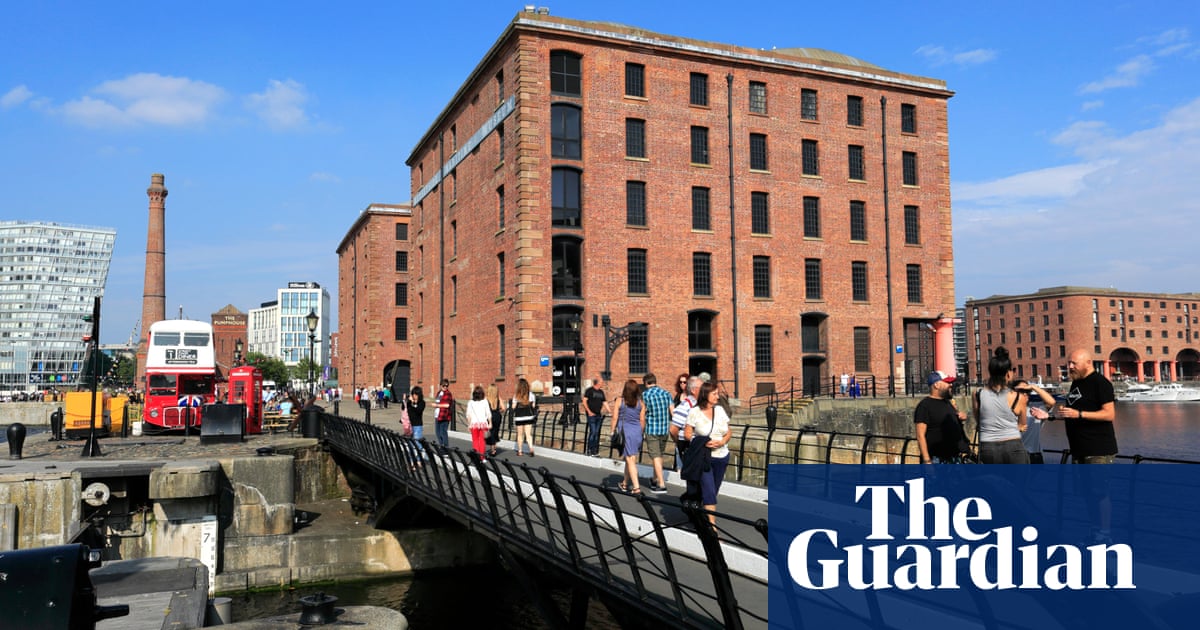A coalition of mayors from acrossEnglandare urging the government to allow local authorities to bring in a Barcelona-style visitor levy to generate income from tourism.
The group, led by the Liverpool city region mayor,Steve Rotheram, argues that a visitor levy would unlock vital funding for tourism and cultural infrastructure, empower regional growth and reduce dependence on central government funding.
The letter to the culture secretary, Lisa Nandy, and the chancellor,Rachel Reeves, has been co-signed by the Greater Manchester mayor, Andy Burnham; the mayor of London, Sadiq Khan; the north-east mayor, Kim McGuinness; Richard Parker, the mayor of the West Midlands; and the West Yorkshire mayor, Tracy Brabin.
They say provisions could be made in the forthcoming English devolution bill, or in a specific finance bill, to give local authorities the freedom to design and introduce a locally administered visitor levy.
It would mean cities they represent, including Liverpool,Manchester, Leeds, Newcastle, Birmingham and London, could introduce charges to reap direct benefits from tourism.
Many European cities have similar levies in place, including Venice, Lisbon and Amsterdam, as do Spain’s Balearic Islands.
In theLiverpoolcity region, which hosts more than 60 million visitors annually, a visitor levy could raise nearly £11m a year, the mayors said. The city hosted Eurovision in 2023, which generated £54m in direct economic impact.
If a £1- to £5-a-night levy were introduced in Greater Manchester, it could raise between £8m and £40m a year, which could go towards infrastructure projects such as the regeneration of Old Trafford or airport development, the mayors said.
The mayors said funds raised through a visitor levy would be ringfenced for local reinvestment, and said the government needed to act urgently, as devolved governments in Scotland and Wales are moving ahead with their own tourism levies, leaving English regions at risk of falling behind.
“The Liverpool city region is a global icon of creativity, culture and character – attracting more than 60 million visitors every year and supporting a £6.25bn visitor economy,” Rotheram said. “That’s something to be incredibly proud of – but it also comes with pressures on our infrastructure and services.
“A small charge on overnight stays – the kind most of us wouldn’t think twice about when travelling abroad – would give us the power to reinvest directly into the things that make our area so special.”
Burnham added: “At a time when national resources are under real pressure, a modest visitor levy – something we all pay in other parts of Europe – offers a fair and sustainable way to support our local services.”
McGuinness said: “A local tourism tax is so mainstream across the rest of the world you barely notice it, so it should not be a big step here in the UK.”
Last year, areport from the landscape charity Friends of the Lake Districtmade a similar call. The organisation’s chief executive, Mike Hill, said: “In most of the places around the world that we’ve looked at that have brought in some sort of tourism levy, tourism numbers have actually increased, because the place gets better.”
